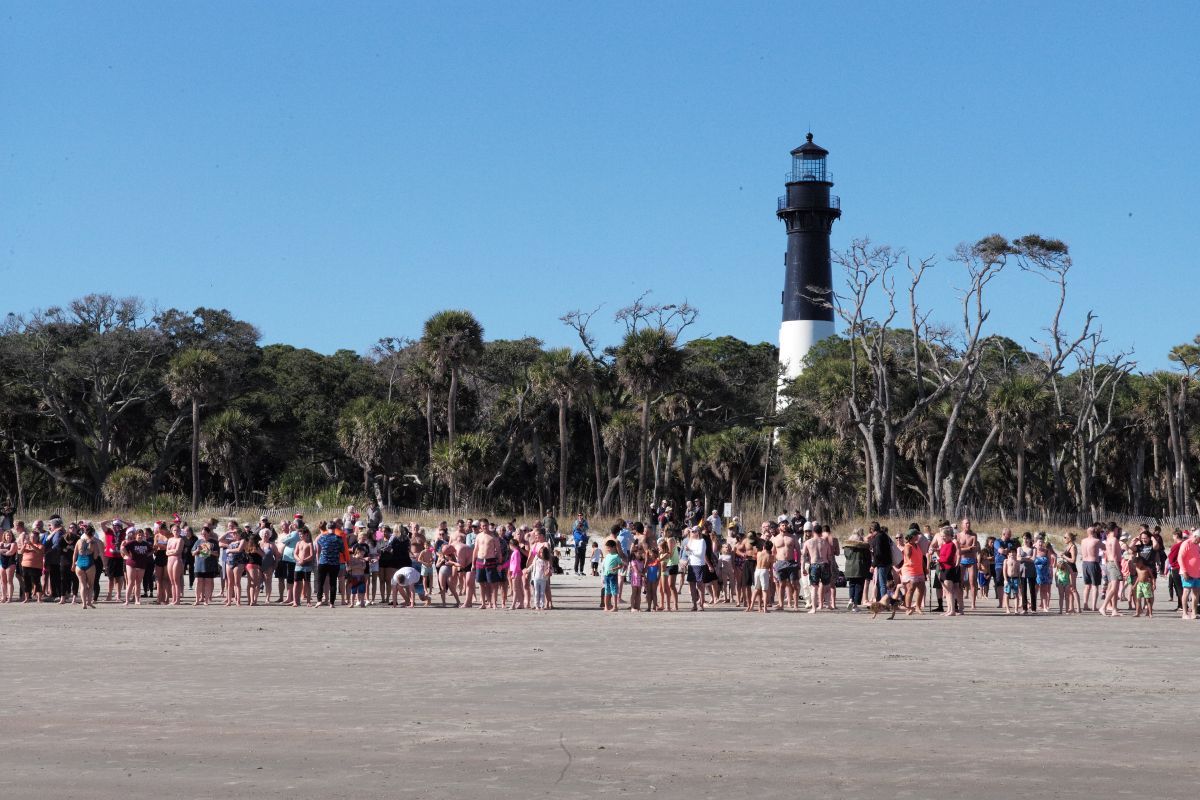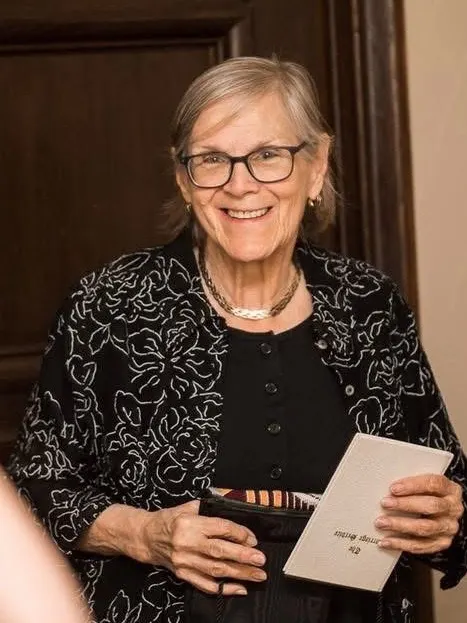Congress last week passed the largest public lands package in a decade, including a measure that permanently reauthorizes the Land and Water Conservation Fund, with broad bipartisan support.
The wide-reaching legislation hits close to home because it also expands the Reconstruction Era National Monument and redesignates it as a national historical park. The bill authorizes the expansion of the park’s boundaries within the Beaufort National Historic Landmark District, on St. Helena Island, and at the Camp Saxton Site in Port Royal and establihses the Reconstruction Era National Historic Network, a program to preserve and promote Reconstruction Era sites around the country, which will be managed by the National Park Service.
The package passed with enormous bipartisan support, including a 92-8 vote in the Senate and a 363-62 vote in the House.
“I am grateful to join with so many of my colleagues today to support the Natural Resources Management Act,” said Congressman Joe Wilson (R-S.C.) “This measure permanently reauthorizes the Land and Water Conversation Fund and provides protections to millions of acres of federal lands. The broad bipartisan support for this bill shows that our public places are about people, not politics.”
Congressman Wilson was one of several legislators who worked with Conservation Voters of South Carolina to ask Congress to reauthorize the LWCF. In October 2018, Wilson joined CVSC for a press conference and a kayak tour of LWCF supported parks and river access on the Saluda River near Columbia.
Congressman Joe Cunningham (D-S.C.) took the helm after Mark Sanford left office, but kept the momentum of his predecessor.
“I’m proud to champion the permanent reauthorization of the Land and Water Conservation Fund, which enriches countless lives in the Lowcountry by investing in local parks, trails, public lands and outdoors spaces,” Cunningham said. “LWCF is the gold standard of conservation programs and has invested more than $294 million in South Carolina to protect its recreation areas and open spaces since 1965. While I believe this important, bipartisan program should never have been allowed to expire, I’m proud we could come together now to ensure future generations enjoy unfettered access to our great outdoors.”
The bill now goes to President Trump’s desk. Since its expiration September 30, 2018, communities across the state have lost out on over $365 million for public space projects, according to CVSC.





